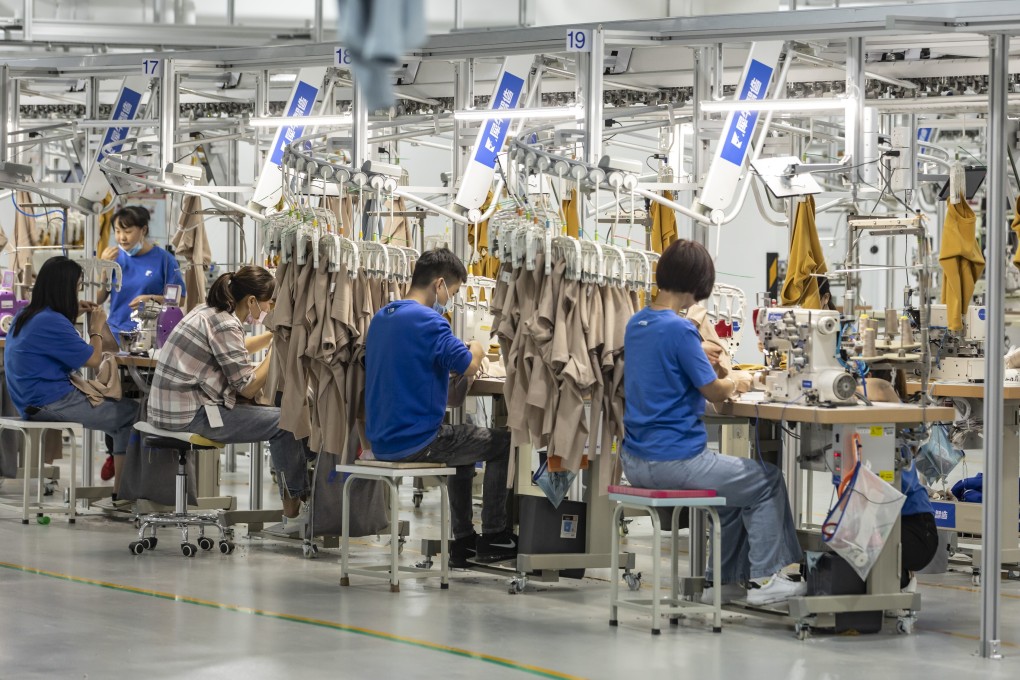China GDP: Xi Jinping says ‘completely possible’ to double size of economy by 2035, despite foreign hostility
- China can become a high-income country by 2025 and double size of economy by 2035, President Xi Jinping says
- Xi also says the country can rely on its domestic market for growth as the world grows less friendly

Former paramount Deng Xiaoping envisioned in the late 1980s China would quadruple its economic size in the first half of the 21st century to become “a mid-level advanced country” by about 2050.
But Xi, who introduced the 2035 milestone in 2017, is determined to reach the goal some 15 years earlier, even against a more hostile external environment.
His comments, part of a speech that was published by the official Xinhua news agency on Monday, also reflect confidence that China under his leadership can handle geopolitical headwinds and disruptions, such as a coronavirus outbreak, and is on the ascent as a global power, analysts said.
Xi has grabbed the geopolitical and economic challenge by the horns, believing that this is the moment … to exploit American distraction and crisis
“Xi has grabbed the geopolitical and economic challenge by the horns, believing that this is the moment … to exploit American distraction and crisis,” said George Magnus, a research associate at the China Centre of Oxford University. “He is going about it in a more adversarial and perhaps confident way than any of China’s leaders from Deng onwards.”
Details of Xi’s comments were released following the completion of the Central Committee’s fifth plenum last week, where China’s top leaders discussed the 14th five-year plan for 2021-25 and a longer-term 2035 vision.